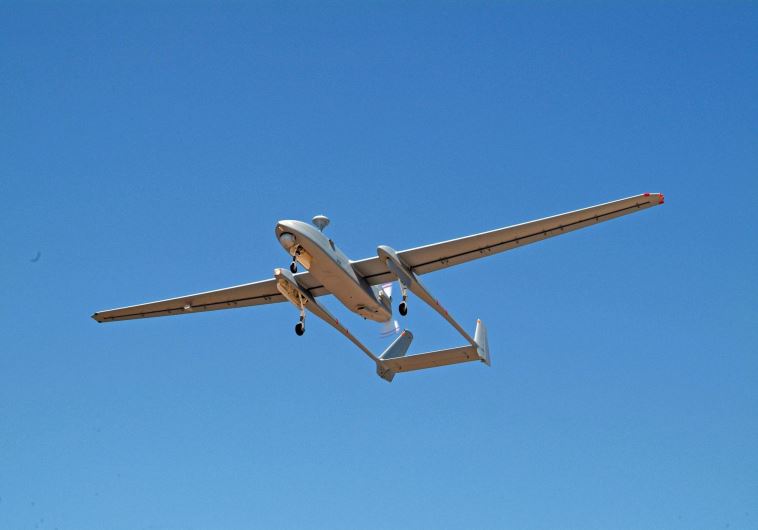
Feb 6, 2018
Under the headline “Secret Alliance: Israel Carries Out Airstrikes in Egypt, With Cairo’s O.K.” its correspondent, David D. Kirkpatrick provided details of a remarkable and highly secret military relationship.
“For more than two years,” he wrote, “unmarked Israeli drones, helicopters, and jets have carried out a covert air campaign, conducting more than 100 airstrikes inside Egypt, frequently more than once a week — and all with the approval of President Abdel Fattah el-Sisi.”
While Egypt has had a peace deal with Israel since 1979, it is widely characterized as a “cold peace”.
Even now any collaboration – let alone sanctioned air strikes – is rarely acknowledged.
The essence of the story was that the Egyptian military which had long been struggling to cope with an Islamist insurgency in the Sinai had turned to Israel for assistance. The relationship had benefits for both parties.
“For Cairo,” he noted, “the Israeli intervention has helped the Egyptian military regain its footing in its nearly five-year battle against the militants.
“For Israel, the strikes have bolstered the security of its borders and the stability of its neighbor.”
Egypt’s military spokesman insisted that it was only the Egyptian law enforcement forces that were confronting the militants.
Such military cooperation, if true, would be a highly sensitive matter for the Egyptian authorities.
But amid a litany of reports of air strikes – both by drones and manned aircraft – over several months, I certainly wondered at times just who might be carrying them out.
The story fits into the pattern of a wider shift in the region – the broad lines of which are certainly true – but its extent and its likely consequences remain far from clear.
An anti-Iran alliance?
The rise of Iran and its growing regional role – extending from the Gulf to the Mediterranean is alarming countries like Saudi Arabia, Egypt, and Jordan.
Circumstances then have pushed some of the moderate Sunni Arab states ever closer towards Israel. They share concerns about both Iran’s regional role and its nuclear ambitions, and the perceived unwillingness of Washington in recent years to confront Tehran.
Diplomatic signals and briefings lead one to believe that there is genuine substance in this rapprochement.
There have also been subtle and some not-so-subtle signs.










